Finance & Operations

D365 Finance & Operations
Dynamics 365 Finance & Operations (D365 F&O) is a cloud-based enterprise resource planning (ERP) solution designed specifically for medium to large-sized businesses.
It integrates financial management, supply chain operations, and manufacturing into a single platform, offering robust automation and data-driven insights to support business needs. With powerful analytics and AI-driven decision-making, it enables organizations to optimize efficiency and scale effectively.
What is Dynamics 365 Finance & Operations?
Dynamics 365 Finance & Operations is an advanced ERP solution that unifies core business functions, including financial management, supply chain operations, sales, procurement, inventory, production, and distribution. The system is split into two applications:
-
Dynamics 365 Finance – Focused on financial planning, budgeting, and reporting to help businesses gain deeper financial insights.
-
Dynamics 365 Supply Chain Management – This is designed to optimize manufacturing, inventory, and logistics to enhance efficiency.
These applications can be used independently or together, allowing businesses to tailor their ERP setup to meet specific operational needs.
Key Features & Capabilities
Financial Management
Streamline financial reporting, budgeting, and compliance.
Business Process Automation
Optimize workflows for improved efficiency.

Global Operations Management
Handle multi-entity and multi-currency transactions seamlessly.
Advanced Supply Chain Planning
Leverage AI-driven forecasting and demand planning.
Procurement & Sourcing
Manage multi-national vendor relationships and sourcing strategies.
Manufacturing & Shop Floor Control
Optimize production processes and resource planning.
Order Management & Pricing
Automate order fulfillment and pricing strategies.
Warehouse & Logistics Management
Enhance inventory tracking and logistics optimization.
Asset Management & Maintenance
Monitor and maintain physical assets effectively.
D365 Finance & Operations vs. D365 Business Central
What Does Each ERP Do?
Microsoft offers multiple ERP solutions tailored to different business sizes. While Dynamics 365 Business Central and Dynamics 365 Finance & Operations share similarities, they serve distinct business needs.
Feature | D365 Finance & Operations | D365 Business Central |
|---|---|---|
User Minimum | 20 Users | 1 User |
Business Size | Medium to Large (250+ Employees) | Small to Medium (20-250 Employees) |
Implementation | 18-24 Months | 3-6 Months |
CRM Integration | Requires Dynamics 365 for Sales | Built-in CRM with Outlook |
Financial Management | Advanced, multi-national capabilities | Strong, but geared toward SMEs |
Manufacturing | Extensive, including discrete & process manufacturing | Supports basic production orders, bills of materials (BOM), and assembly management |
Supply Chain | Robust, enterprise-level automation | Suitable for SMEs |
Choosing the Right ERP for Your Business
Which ERP Solution is Right for You?
Selecting the right ERP depends on your organization's size, complexity, and operational needs. Business Central is tailored for small to mid-sized businesses needing a comprehensive yet easy-to-implement solution, while Finance & Operations is designed for larger enterprises with global, multi-entity operations requiring advanced automation and scalability.
Business Central: Best for Small to Mid-Sized Businesses
-
User-friendly with built-in CRM and Microsoft 365 integration.
-
Essential features like financial reporting, inventory tracking, and project management.
-
Lower IT infrastructure requirements, making it ideal for growing businesses.
-
Faster implementation for companies needing an all-in-one ERP without excessive complexity.
Finance & Operations: Built for Global Enterprises
-
Advanced financial management for multi-entity, multi-national operations.
-
Extensive automation for supply chain, manufacturing, and compliance needs.
-
Supports large-scale enterprises with complex workflows and high-volume transactions.
-
Customizable workflows, AI-powered demand forecasting, and regulatory management.





